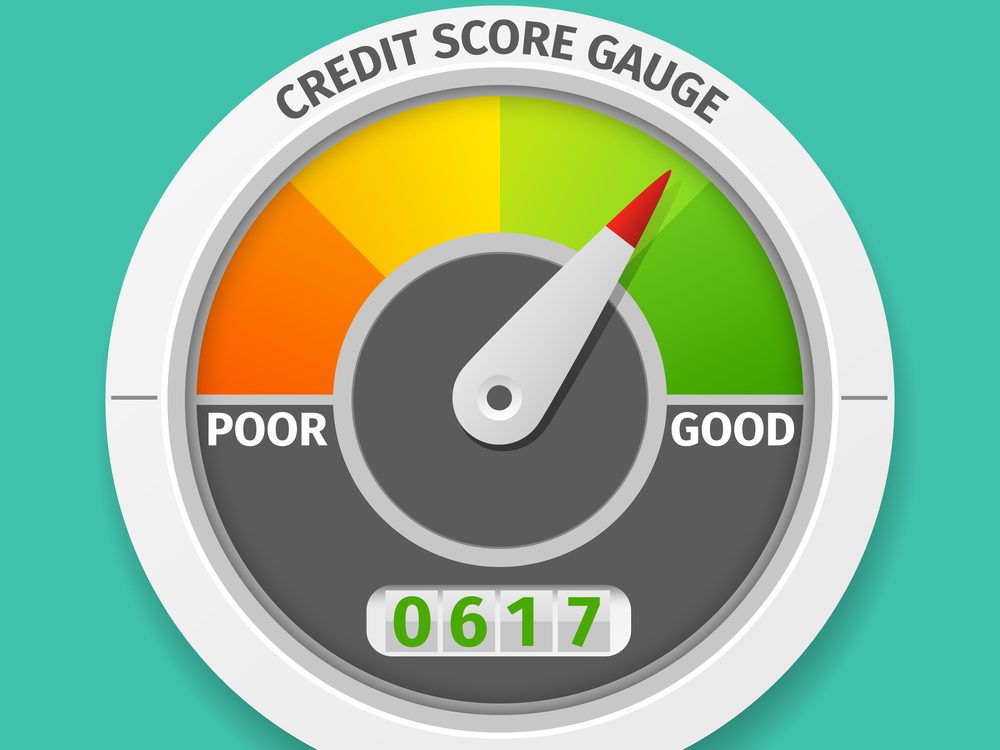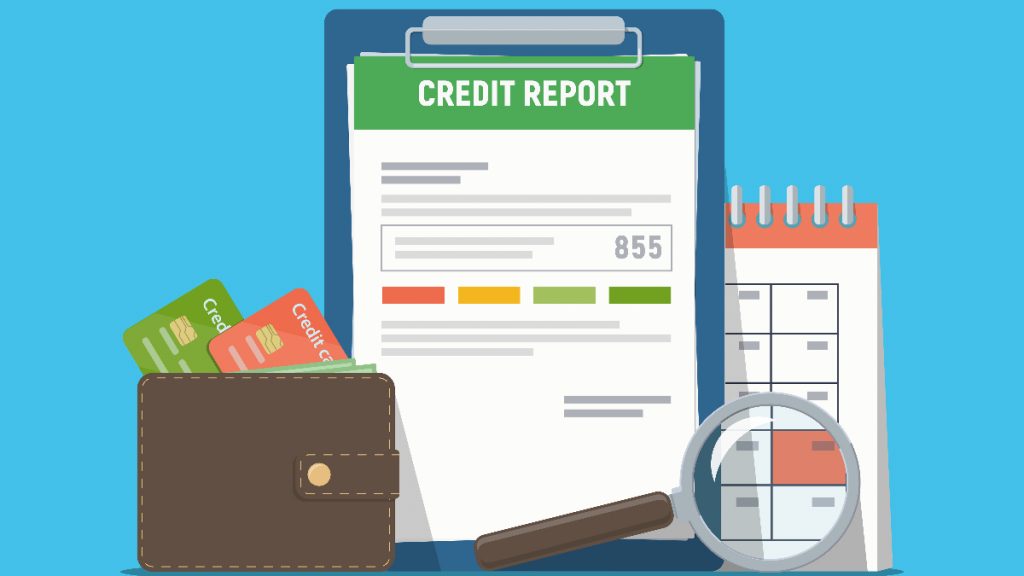There are a variety of factors that can influence your credit score. Some of these elements are within your control, while others are not.
In this article, we’ll provide an overview of credit scores, look at the factors that influence your score, and also expose the items that won’t impact your rating.
But first, a shameless plug. SkyCap Financial is a lender that helps provide installment loans to Canadians in every walk of life. If you need a car loan, personal loan, or simply need to pay the bills, check out our application page to get the cash you need.
And with that out of the way, let’s get started.
What is a Credit Score or Credit Report?

A credit score is a number that lenders use to evaluate your creditworthiness or credit risk. In Canada, credit scores range from 300 to 850. The higher your score, the more likely you will get approved for a loan.
Meanwhile, a credit report is a document that contains information about your credit history. It includes information about your payment history, outstanding debts, and other factors that lenders use to assess your creditworthiness.
Both your credit score and credit report are managed by a third-party company called a credit bureau.
What is a Credit Bureau?

A credit bureau is a company that collects information about your credit history and provides it to lenders. They review and log data in your credit accounts in your credit file and use detailed credit scoring models to calculate your score. In Canada, there are two major credit bureaus: Equifax and TransUnion.
When you apply for a loan or credit card, the lender will request your credit score and report from one or both of these bureaus. They will then use this information to decide whether to approve your application.
You can request a free copy of your credit report from either Equifax or TransUnion by visiting their website.
What Factors Influence Your Credit Score?

There are six major factors that affect credit scores. They are:
Payment History
This is the most critical factor in your credit score, accounting for approximately 35% of the total.
Your payment history includes information about whether you have made your payments on time and if you have a missed payment in the last several years.
Many lenders want to see a history of timely payments, which is indicative of future behavior. If you have missed or made late payments, it will negatively impact your score.
Amounts Owed
This is the second most important factor in your credit score. It accounts for 30% of your score.
Your “amounts owed” includes information about your debt and what kind of debt it is. Lenders want to see that you are not overextended and can manage your debts responsibly. For example, high credit card balances owed to credit card companies can drag down your score.
It will negatively impact your score if you have too much debt.
Length of Credit History
This factor accounts for 15% of your credit score. It includes information about how long you have had credit and how often you have used it.
Lenders want to see a history of responsible credit use over time. It will negatively impact your score if you have a short credit history or use a high percentage of your available credit.
Credit Mix
Your “credit mix” refers to the types of credit you have. This factor accounts for 10% of your credit score.
Lenders want to see that you can manage different types of credit responsibly. For example, having only one type of credit will not impact your score positively or negatively.
However, if you have a mix of installment loans (i.e., car loans) and revolving credit (i.e., credit cards), it will positively impact your score, so long as you make your payments on time.
New Credit
“New credit” refers to any recent applications for credit, including new loans, credit cards, and lines of credit. This factor accounts for 10% of your score.
Lenders want to see that you can manage new sources of credit responsibly. If you have applied for a lot of credit in a short period, it will negatively impact your score.
Credit Utilization Ratio
Your “credit utilization ratio” is the amount of credit you use compared to the amount of credit (or credit limits) you have available. This factor accounts for 10% of your score.
For example, if you have a credit limit of $1000 and you currently have a balance of $500, your credit utilization rate would be 50%.
Lenders want to see that you are not using too much of your available credit. High credit utilization will negatively impact your score.
Other Factors
There are other factors that can influence your credit score, including public records (i.e., bankruptcies, liens, judgments) and inquiries (i.e., when you apply for credit). However, these factors have a negligible impact on your overall score.
You can learn more about credit scores by visiting the Equifax or TransUnion website.
What Factors Don’t Influence Your Credit Score?

While the items listed above will directly influence your credit score, several items won’t have any impact. They are:
Your Age
The credit bureaus don’t use your age as a factor in your credit score. However, younger Canadians typically have lower credit scores because they have not yet had time to build up a positive credit rating.
Your race, religion, or sexual orientation
These factors are not used at all in calculating your credit score as discrimination of this type is illegal in Canada.
Your income or employment history
While lenders may take your income and employment history into account when you apply for credit, they are not used to calculate your credit score.
Your marital status
Your marital status is not a factor in your credit report or score. It’s possible for you to have a stellar credit score while your spouse has a low score. Scores are not tied to your significant other.
Your Income
Your income (or tax return) is not used to calculate your credit score. However, if you have unpaid taxes, the government may place a lien on your property, which would appear on your public record and could negatively impact your score.
Your Address
Your current address is not a factor in your credit score. However, if you have moved around a lot, you increase the chances of having outdated information on your credit report. This doesn’t necessarily mean your score will be lower, but you should always try to keep your credit report up-to-date and accurate.
Having Loans With Right Interest Rates
The interest rate you’re paying on your loans has no bearing on your credit score. However, if you cannot make your payments on time, it will negatively impact your score.
In Conclusion
Now that you know what factors influence your credit score, you can take steps to improve your rating. For example, if you have a lot of debt, you can work on paying it down. If you don’t have much credit history, you can try to build up your credit by using a credit card responsibly and making your payments on time. By taking these steps, you can improve your chances of getting approved for loans and lines.
Need a loan? At SkyCap Financial, we help borrowers achieve their financial goals. Check out our application page to get started today.







